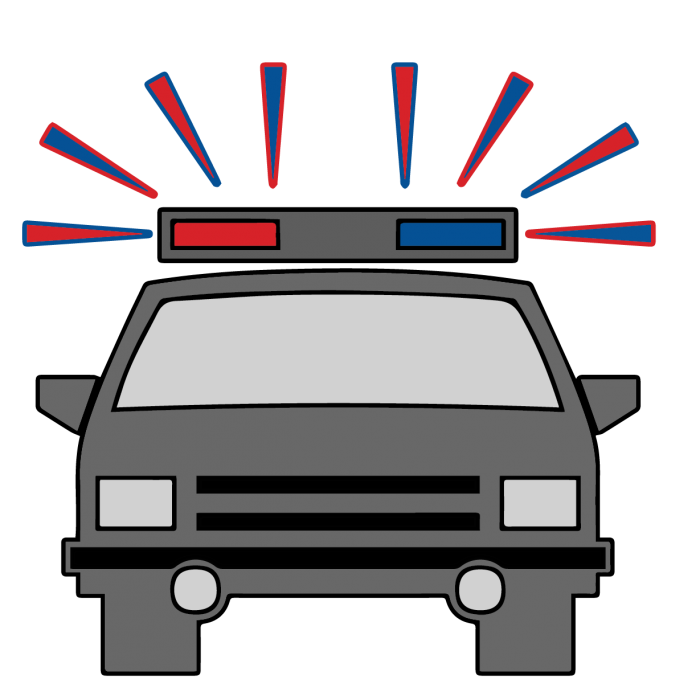False alarms take emergency response personnel away from real emergency situations and can leave the alarm system user with a hefty bill. To help our customers, we have compiled a list of the causes of false alarms along with methods you can you can use to prevent them.
- Unlocked/opened doors and windows: Always keep doors and windows locked when the alarm is in the “ON” position, in order to reduce the chance that friends, neighbors or customers will enter and activate the alarm.
- Unsupervised pets – if you have pets, purchase an alarm system that is tolerant of pets. You may not want to purchase pet-friendly motion detectors if your pets run freely around the house when the alarm is on.
- Avoid objects that trigger your alarm: Keep pets, insects, balloons, fans, heaters, etc. away from motion detector areas.
- Be cognizant of drafts that cause plants and curtains to move.
- Insects – keep flies, spiders and other insects clear of motion detectors.
- Keep your alarm system up to date, damaged alarm equipment, such as motion sensors or overhead door magnets can cause false alarms.
- Are you and others who use the security system fully educated on its proper use?
- Never give a key to someone who isn’t familiar with the system and its operation.
- If you are apprehensive about using your system, call Aban Security to get more training.
- Do preventative maintenance. Schedule an annual inspection program with us to ensure proper maintenance and performance of your alarm system. Also, don’t forget to replace your back-up battery every three to five years.
- Always keep your “call list” up to date with current phone numbers for you and your contacts. With the right contact information, monitoring stations can be proactive in determining whether or not police should be dispatched.
- Make sure all protected doors and windows are securely closed and locked.
- If you are leaving your home or business, make sure the door you close and lock the door behind you.
- Know and rehearse the process to cancel an accidental alarm. Anyone with your key should know this process.
- Know your password to cancel a police response if the alarm is set off accidentally.
- Know how much time you have after you arm your system to leave and to disarm your system when you enter.
If you have any other questions or concerned, give us a call.




Comments (0)